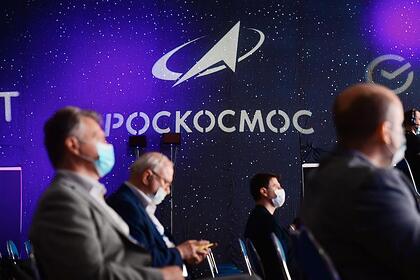The creation of new GLONASS-K2 satellites costs ROSCOSMOS twice as much as the GLONASS-K spacecraft of the previous generation, Nikolay Testoyedov, CEO of Information Satellite Systems (ISS), told RIA Novosti, calling it an absolutely natural process.
According to him, this circumstance is connected with a "complex of reasons". "Firstly, the first Glonass-K2S are assembled on a foreign component base. The dollar has doubled. The cost of import-independent devices, which will go from 2026, in turn, needs to be redesigned," the head of the ISS said.
The second reason is due to the presence of additional equipment at GLONASS-K2, which makes the spacecraft heavier by one and a half times. "Thirdly, the prices of components have increased. Take a deflator of five percent per year and multiply by the ten years that have passed since the launch of the first Glonass-K. Only by multiplying the deflator you will already get a twofold increase. That is, the doubling that has occurred is an absolutely natural process," Testoyedov said.
According to him, the first GLONASS-K2 satellite is planned to be launched in 2022. "We are continuously working on its preparation for launch, but unfortunately, there were questions about the work of onboard mathematics. For development work on a new satellite, this is a common situation that cannot be predicted in any way," the ISS CEO noted.
Testoyedov assured that from 2026 all GLONASS-K2 spacecraft will be manufactured from the Russian element base. "Even where the Russian industry does not have the technological capabilities to manufacture a specific chip, we will replace it with a microassembly, but of domestic production. Somewhere because of this, weight may be added compared to the use of a foreign component of the base," the head said.
In November 2020, RIA Novosti, referring to the materials of ROSCOSMOS, reported that the new GLONASS-K2 satellites turned out to be four times more expensive than their predecessors.
In April of the same year, in the publication "Demand for Discipline" of the Siberian Sputnik newspaper, it was claimed that the schedules for the manufacture of ISS spacecraft were disrupted due to delays in the supply of components from subcontractors.
Ivan Potapov

